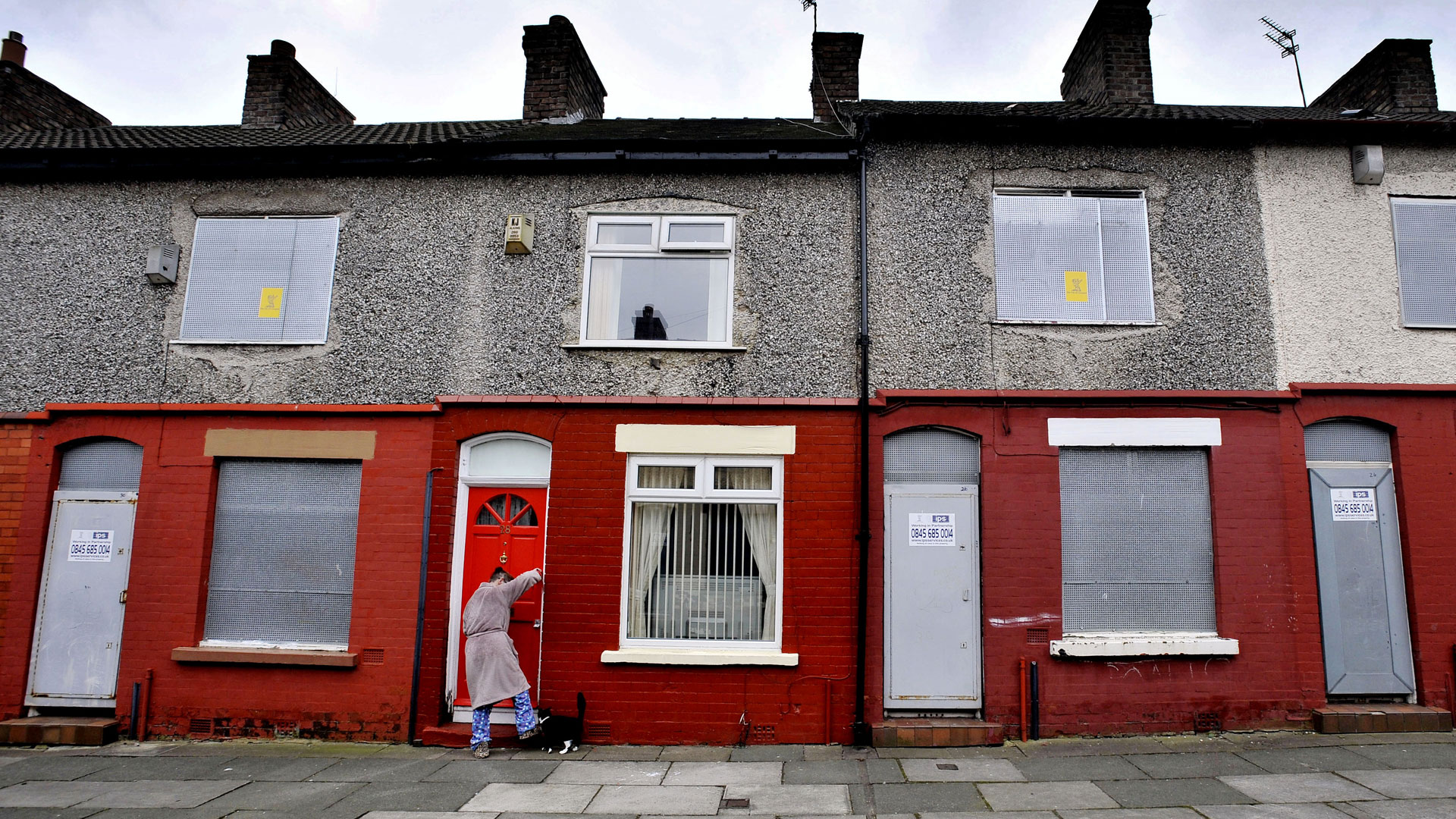We just don’t want to see a wasted asset.
In the first year of the Scottish Empty Homes Partnership – a scheme that sees Shelter Scotland co-ordinate local authority efforts – only four empty homes were saved through direct intervention with private owners. But after a lot of hard work, 558 were brought back into use this way in 2014-15.
It’s encouraging. Many Scottish councils now have a Private Sector Leasing scheme which sees owners rent out their property to council tenants; the local authority effectively becoming a letting agent for the owner.
Other Scottish councils offer loan or grant schemes to help owners refurbish their properties.
And 14 Scottish councils have used council tax powers regarding vacant dwellings, which allow them to double rates on long-term neglected properties (in England only an additional 50 per cent council tax on long-term empties is allowed, while Wales is awaiting legislation to enforce 100 per cent increases, like in Scotland).
“Using vacant-dwelling council tax information has often started the conversation with owners,” explains Kristen Hubert, national manager for the Scottish Empty Homes Partnership. “There can be a lot of hand-holding to run through owners’ options. We don’t mind what happens – we just don’t want to see a wasted asset.
“If you can get a lot more of these kind of empty homes back into supply, with so much demand for housing, then think of what that frees up lower down the chain.”
Advertising helps fund Big Issue’s mission to end poverty
A lot of my work is reality-checking with owners and closing down that do-nothing option
South of the border, in Reading, the borough’s empty homes officer, Nick Pritchard-Gordon, tells me half the battle is making owners confront reality. Many of them hold on to unrealistic expectations of what a property is supposed to be worth, despite the fact they’ve let it fall into near dereliction.
“Let’s say a property could be worth £250,000 but it needs £60,000 worth of work doing to it,” Pritchard-Gordon explains.
“Well, an owner can become convinced it’s worth £250,000 and not always face up to the investment needed. You find a hardcore group that would rather die in a ditch than let someone else profit from buying the house. A lot of my work is reality-checking with owners and closing down that do-nothing option.”
If councils are willing to devote time to cajoling owners, hopefully the process can also begin to clarify where local authorities own neglected properties that can be salvaged.
Some councils in the north of England have yet to face up to their failed regeneration schemes, which earmarked terraced streets for demolition before funding for replacement homes fell through.
The empty homes scandal remains both a public and private problem. And in the weeks ahead we’ll be looking in more detail at how an empty home is brought back into use, and highlighting the community-led projects in desperate need of funding.
Advertising helps fund Big Issue’s mission to end poverty
As Pritchard-Gordon suggests, doing nothing is not an option.









